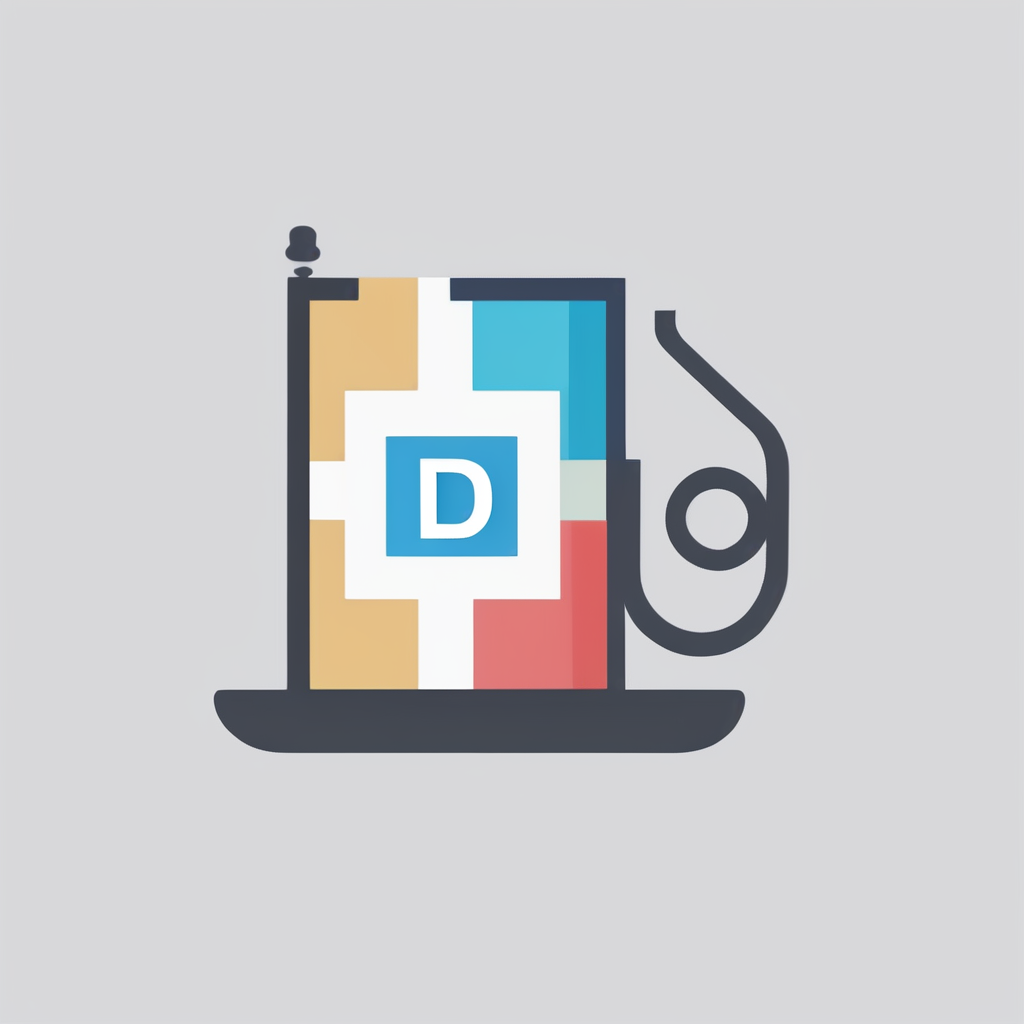Leading UK Pet Care Trends for 2024
The UK pet care trends for 2024 reveal dynamic shifts driven by evolving consumer values and technological advancements. Central to these trends is a growing demand for personalized and health-focused products, reflecting owners’ desire to enhance their pets’ quality of life. The latest pet industry trends include a surge in natural and functional pet foods, integration of smart technologies, and a strong commitment to sustainability. These trends signify that the pet care market UK is becoming increasingly sophisticated and responsive to both pet needs and owner lifestyles.
Understanding these trends is crucial for pet owners who strive to provide optimal care and for businesses aiming to capture market share by aligning their offerings with consumer expectations. Awareness of these developments enables owners to make informed choices about nutrition, wellness, and pet technology, while companies can innovate product lines and services that cater to these preferences. Moreover, knowledge of shifting trends aids retailers in stocking relevant items and designing targeted marketing strategies that resonate with today’s environmentally and health-conscious consumer base.
Economically, the pet care market UK continues its robust expansion, with valuations reaching multiple billions and growth rates outpacing many other retail sectors. This growth is bolstered by increased spending on premium products and services that reflect the UK pet care trends towards quality and convenience. Businesses that adapt to these market dynamics by embracing the latest pet industry trends are well-positioned to thrive in this vibrant and competitive environment.
Technology and Innovation in Pet Care
The UK pet care market is experiencing significant advances through pet care technology UK, which continue to reshape how owners interact with and care for their pets. Among the most prominent pet tech trends is the widespread adoption of smart pet products UK, including wearable devices that monitor vital signs and activity levels in real-time. These wearables provide valuable data to owners, enabling early detection of health issues and promoting preventative care. Similarly, smart feeders that automate meal times and regulate portion sizes are increasingly popular, helping maintain optimal nutrition effortlessly.
App-based services complement these innovations by offering seamless management of pet health routines. Many UK pet owners now rely on integrated platforms that combine veterinary advice, medication tracking, and fitness goals into a single user interface. These apps not only enhance convenience but also encourage more informed decision-making.
Tele-vet services and digital wellness platforms form another crucial facet of technology integration. With the rise of remote vet consultations, pet owners can promptly access expert guidance without geographic limitations. This development has particularly benefited urban dwellers and those with busy lifestyles, providing greater pet care flexibility. Furthermore, digital wellness platforms enable personalized health monitoring and support, ranging from behavioral training to chronic condition management.
When it comes to UK-specific adoption rates, recent surveys indicate that over half of pet owners have incorporated at least one form of pet care technology into their routines. Consumer feedback shows high satisfaction, citing improved pet health management and reduced stress as key benefits. These insights demonstrate the growing trust and reliance on technology within the evolving UK pet care ecosystem, affirming that pet tech trends are here to stay and will continue driving market growth.
Premiumisation and Personalisation of Pet Products
The UK pet care market is experiencing a marked shift towards premium pet products UK, driven by pet owners’ increasing willingness to invest in high-quality, tailored items. This trend is reflected in the growing demand for luxury pet care trends such as gourmet foods crafted with fine ingredients and specific health benefits. Pet owners now seek more than basic nutrition—they desire bespoke nutrition plans that cater precisely to their pets’ dietary needs and preferences.
Personalised pet care extends beyond food. A wide range of products is now customisable, including toys designed for specific breeds or behavioural traits, as well as accessories like collars and bedding tailored to individual style and comfort. Grooming solutions are also evolving, with bespoke services and products addressing unique coat types, skin sensitivities, and wellness goals. This movement allows pet owners to establish deeper connections with their pets through products that reflect their pets’ unique personalities and requirements.
Several UK brands are leading this premiumisation wave by responding swiftly to market demand for personalised offerings. These companies invest in research and development to provide innovative, high-end pet care solutions that distinguish them from mass-market competitors. For example, manufacturers are creating limited edition product lines and luxury packaging to appeal to discerning consumers who prioritize quality and exclusivity. The shift towards premium pet products UK exemplifies how evolving consumer expectations foster greater sophistication and choice in the sector, contributing significantly to market growth.
Sustainability and Eco-Friendly Pet Solutions
Sustainable pet care UK is a defining feature of the evolving market, with increasing consumer preference for eco-friendly pet products that combine health benefits with environmental responsibility. Pet owners now actively seek biodegradable items, ethical sourcing, and locally produced goods that reduce ecological footprints while ensuring pet safety and wellbeing. For example, biodegradable waste bags have become a must-have for environmentally conscious owners aiming to minimize plastic pollution while managing pet waste responsibly.
The rise of green pet trends is also evident in the packaging and production methods adopted by many UK brands. Sustainable packaging, often made from recycled or compostable materials, supports a circular economy by reducing waste generation and promoting reuse. Businesses embracing these innovations not only meet regulatory expectations but also attract loyal customers who value transparency and accountability in product sourcing.
For eco-minded pet owners and businesses, practical steps include prioritizing products with clear sustainability certifications and favoring suppliers who demonstrate commitments to renewable resources. Additionally, reducing single-use plastics in pet care routines and participating in local recycling programs can amplify individual and collective impacts. Embracing these sustainable pet care UK principles fosters a healthier planet while maintaining the highest standards of pet health and welfare.
Health, Wellness, and Preventative Pet Care
The focus on pet wellness UK continues to grow as owners seek comprehensive strategies to ensure long-term health through preventative pet care. Access to specialized wellness clinics has expanded, providing services that range from nutritional counseling to personalized health check-ups. These clinics advocate early intervention, aiming to detect potential health issues before they become severe.
Natural supplements play a crucial role in holistic pet health trends, supporting immune function, joint health, and digestion. Many pet owners now opt for organic and plant-based supplements, reflecting a shift towards treatments that complement natural diets. Alongside supplements, alternative therapies such as acupuncture and physiotherapy are gaining popularity as part of a broader commitment to holistic pet health trends.
Mental wellbeing is increasingly recognized within pet wellness UK frameworks. Behavioural solutions including anxiety management programs and enrichment activities are prioritized, addressing issues that impact both pets and their owners. This holistic approach ensures mental health is integrated with physical care, embodying the comprehensive nature of modern preventative pet care strategies.
Humanisation of Pets and Lifestyle Integration
The concept of pet humanisation UK reflects a profound cultural shift where pets are increasingly seen as integral family members. This transformation is evident as owners incorporate pets into daily routines, social activities, and travel plans. For many, pets are no longer just companions but essential family members, a trend that reshapes consumer behaviour and market offerings.
As pets as family become the norm, lifestyle choices evolve accordingly. There is a notable rise in demand for pet-friendly housing, with UK developments accommodating pet needs through dedicated spaces such as dog parks, pet washing stations, and secure outdoor areas. This architectural shift supports the growing desire to integrate pets comfortably into home life, reflecting broader pet-friendly living trends.
Workplaces are also adapting to this trend, with more UK companies allowing pets at work or providing pet-related benefits to employees. This not only enhances worker satisfaction but aligns with a growing emphasis on wellbeing for both humans and animals. Public spaces, restaurants, and transport services increasingly cater to pet owners, offering greater accessibility and inclusivity.
These changes demonstrate how the pet humanisation UK movement has tangible impacts on various facets of UK lifestyle. Businesses and urban planners respond by creating products and environments that support the seamless integration of pets into family and social life, reinforcing the bond that owners share with their animals. This integration elevates the pet care market further, responding to fast-evolving consumer expectations and the emotional significance attached to pet ownership.
Future Predictions and Industry Insights
The future of pet care UK is poised for dynamic growth and innovation, driven by evolving consumer expectations and technological advancements. Industry experts forecast continued expansion in product offerings, with increased emphasis on personalized pet care solutions. These predictions highlight a shift toward highly tailored health and wellness regimes powered by data analytics and AI-enabled devices, further enhancing the integration of pet technology within daily routines.
Emerging pet trends indicate a surge in demand for services that address emotional wellbeing, such as pet mental health apps and calming therapies, reflecting deeper awareness of pets’ psychological needs. Additionally, sustainable pet care will become standard practice rather than niche, influencing product design and supply chains. Experts also anticipate advancements in veterinary telemedicine, making expert care accessible across the UK and transforming how owners engage with professionals.
This evolving landscape will significantly impact stakeholders. Pet owners benefit from better health monitoring and customized nutrition plans. Businesses must innovate rapidly to meet these sophisticated demands while navigating regulatory changes related to technology and sustainability. On a macro level, the pet industry forecasts suggest substantial contributions to the UK economy through job creation, technological investments, and increased consumer spending. Consequently, understanding these insights equips stakeholders to strategically plan for a future where pet care is more connected, conscientious, and comprehensive.




